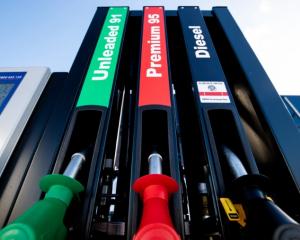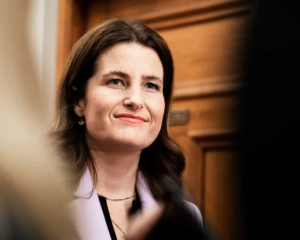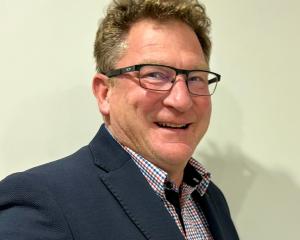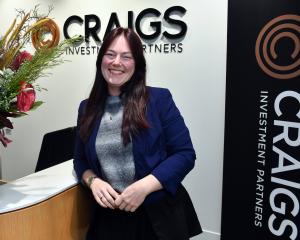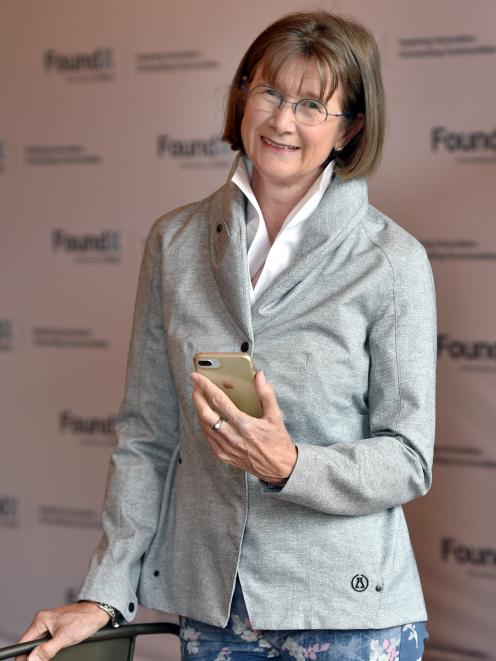
The self-confessed "serial" angel investor — who spent 10 years with the Ministry of Foreign Affairs and Trade and represented New Zealand’s trade and economic interests in London — now has more than 20 ventures in her personal portfolio.
Speaking to a group of Dunedin investors this week she said tech start-ups were risky, and seemingly getting riskier.
"Not that long ago you could expect one out of 10 ventures to be profitable. That has moved to about one in every 30 or 40 ventures."
While that should not dissuade people from backing start-ups, as a rule of thumb, investors should not invest more than 10% of their net wealth in early stage funding.
They needed to know going in that they could afford to lose their entire investment, she said.
Diversity was important to the mix of ventures, but angel investment was more about bringing a different lens to business relationships.
"For example, we are working with Chinese investors who have similar values to Maori, across things like customs, protocols and culture, so there is an affinity there."
She said Dunedin and Otago had established a positive ecosystem on the back of initiatives such as FoundX and Startup Dunedin.
However, there was some work still to be done to educate the local founder and investor community.
"Angels should be quick to write out a cheque, but if you write one out for $5000 don’t be a pain in the arse with the founder."
She said angel investing was not about making rich people even richer, but rather about support.
"An angel is someone who can invest in and have personal involvement in start-ups. An important part of that is engaging with the founder, sharing networks and business insights."
Founders, like investors, also needed to do their due diligence to avoid "having a devil as a partner".
"The ideal partner is someone who is keen to learn and who doesn’t come in with an ego."
Another important element was a large network and a willingness to share that for the benefit of the start-up.
"Angels also need to understand that it is not their company," she said.
"Founders should also not sacrifice their equity to achieve their funding goals, with a clear long-term capital strategy.
"Founders should really retain at least 30%-40% of their business."
She said it was also important to understand any commission payable.
"Ultimately, both parties need to do what they say they are going to do."
Comments
As those new to angeling know, it’s beset with insider intel so I wanted to clarify a few points.
Actually about 10-20% of angel investments yield positive returns. We should expect an IRR of 20-30% given the risk profile. Or another angle; 90% of our returns will come from 10% of our investments.
It’s absolutely critical founders have a long term capital strategy and manage the cap table to ensure they have at least 30% equity at the exit point.
Angel investment has always been risky. We used to believe a portfolio of 10 ventures was enough. We now know it’s more like 20 and more is better!
Signing cheques and closing deals efficiently is important so founders can crack on. Smaller cheque writers need to be super easy to deal. Angels typically write cheques of between $5k and $50k per deal.
To improve the odds of success we must support and include more diversity of our investors and founders.


